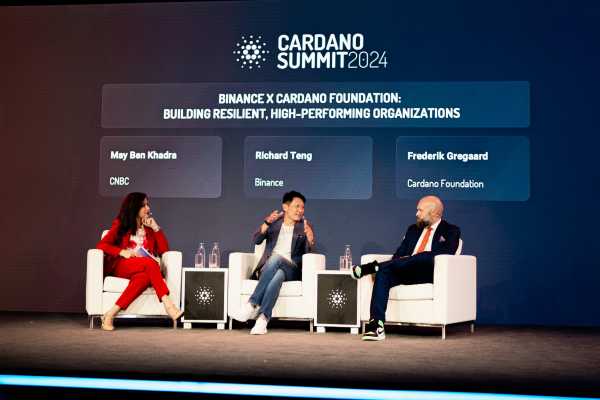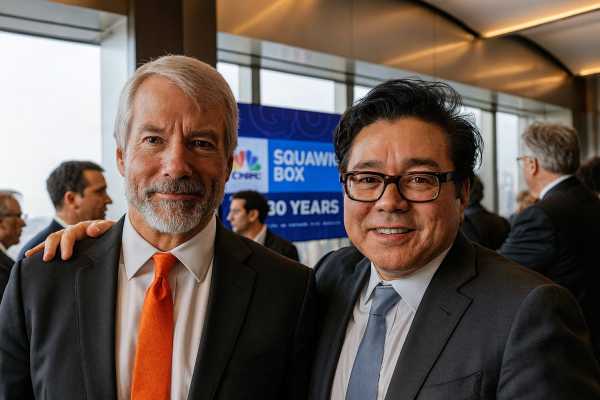The 50 billion euro question: Will we become Europe's crypto engine?

With the entry into force of the EU regulation on markets in crypto assets (MiCA), Germany now has a rare opportunity: to transform regulatory maturity into global leadership. The crucial question is whether Germany will seize this opportunity or leave it to others.
MiCA: Europe's regulatory advantage
For a long time, Europe was considered a laggard in digital innovation compared to the US or Asia. However, with MiCA, the EU has created a unified, harmonized regulatory framework, thus gaining a strategic advantage in an otherwise fragmented world.
MiCA provides companies with legal certainty and consumer confidence: both crucial prerequisites for widespread acceptance. Instead of being seen as a bureaucratic burden, MiCA should be viewed as the foundation for scaling and market stability. Clear rules create trust, which in turn enables investment and innovation.
Germany's role: From regulator to implementer
Germany was a pioneer in this area before. In 2020, BaFin was among the first authorities worldwide to issue licenses for crypto custody. Banks such as Commerzbank and Deutsche Bank have since developed regulated offerings for digital assets.
But true leadership means more than just regulation. It requires implementation:
- Tokenized bonds,
- cross-border payments,
- transparent ESG reporting
and traceability in supply chains are the use cases that will determine the next competition.
Whoever manages to make MiCA-compliant innovation productive will win the European race.
Innovation requires trust and interoperability.
Compliance and innovation are not mutually exclusive. On the contrary, sensible regulatory frameworks promote sustainable progress. The next generation of blockchain systems must consider regulatory interoperability from the outset.
MiCA provides the blueprint for this, focusing on transparency, traceability, and sustainability. These principles are also reflected in Cardano's architecture.
Together with the Crypto Carbon Ratings Institute (CCRI), the Cardano Foundation has developed open-source methods for measuring blockchain sustainability. Emissions and energy efficiency are independently verified and publicly documented: a benchmark for how projects can already meet MiCA-compliant environmental reporting requirements.
This is not marketing, but verifiable infrastructure.
Three steps to secure Germany's lead
Germany should not wait for perfect conditions, but take action and turn MiCA compliance into a competitive advantage:
Only those who implement, lead.
Europe's race has begun
Other countries are not standing still: Switzerland already offers full regulatory clarity with its DLT law. Portugal and France are attracting startups and capital with tax advantages and fast licensing processes.
In a harmonized Europe, the country that implements MiCA effectively first will experience the greatest capital inflow and the strongest demand.
Germany doesn't need to reinvent the wheel. It has the regulations, infrastructure, and capital to lead. MiCA gives Europe confidence. Now it's a matter of turning that into innovation.
The Cardano Summit 2025 in Berlin
On November 12th and 13th, 2025, the Cardano Foundation will bring together decision-makers, entrepreneurs and developers at the Cardano Summit in Berlin to discuss the future of blockchain and regulation.
Topics include:
- Stablecoins and tokenization,
- digital product passports,
- AI integration into blockchain,
- Sustainability & Infrastructure,
- as well as the technological development of Web3.
Speakers included Tim Draper, representatives from Mastercard, Crypto.com, the United Nations, and the Boston Consulting Group.
Get your tickets here with the code “BTCEcho10” – for a 10% discount. https://summit.cardano.org/
Eine Quelle: btc-echo.de



